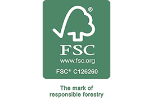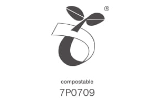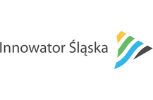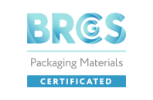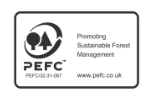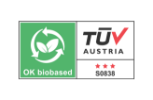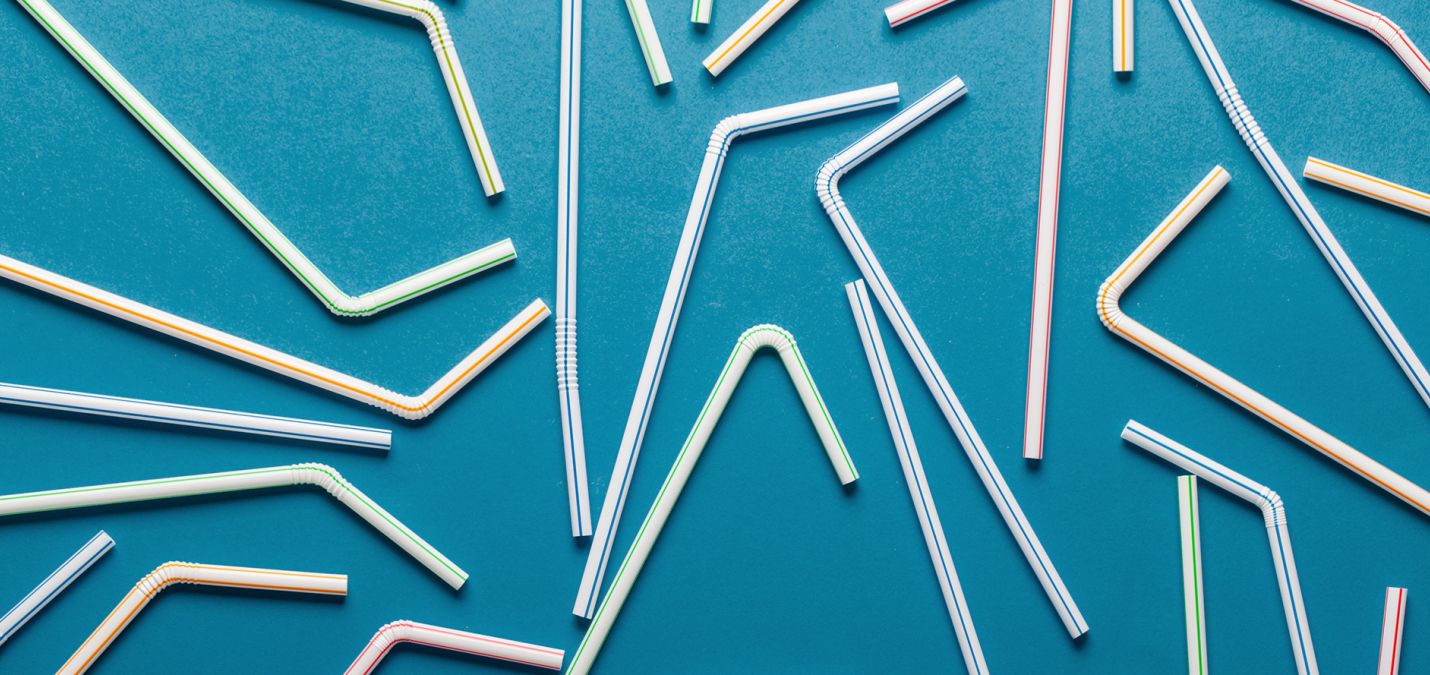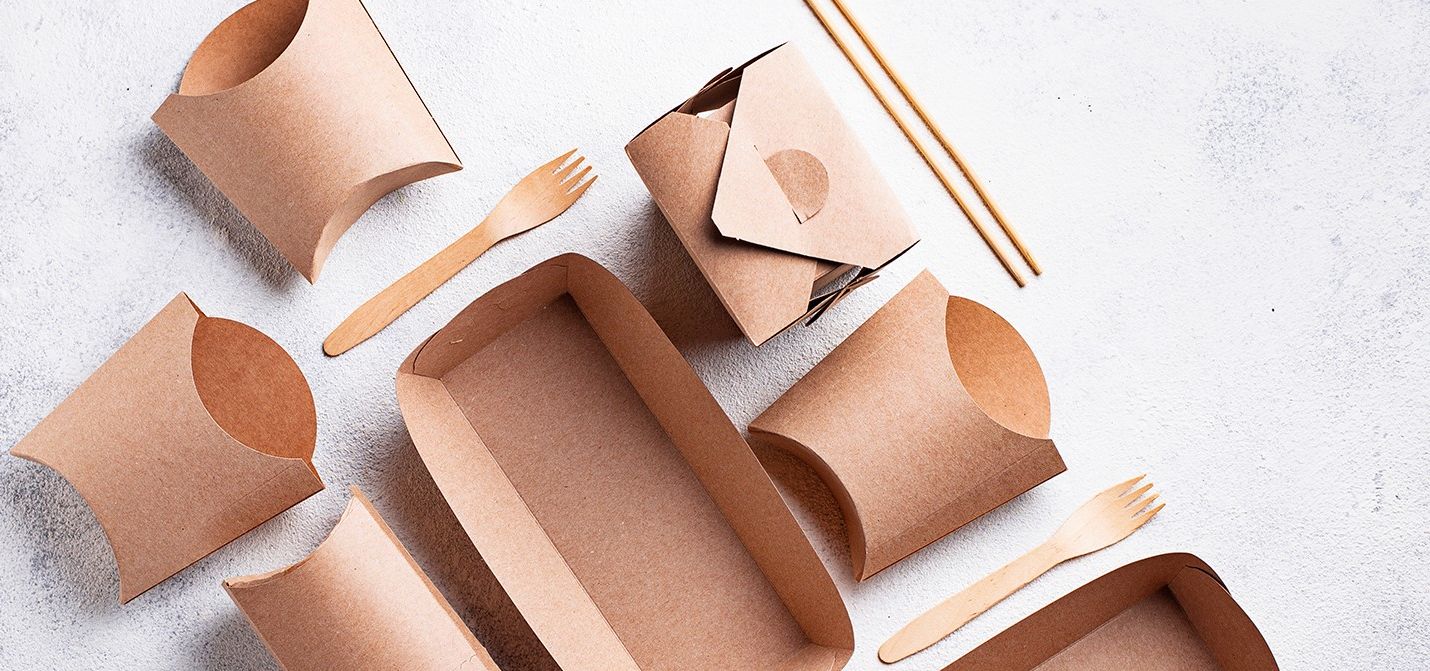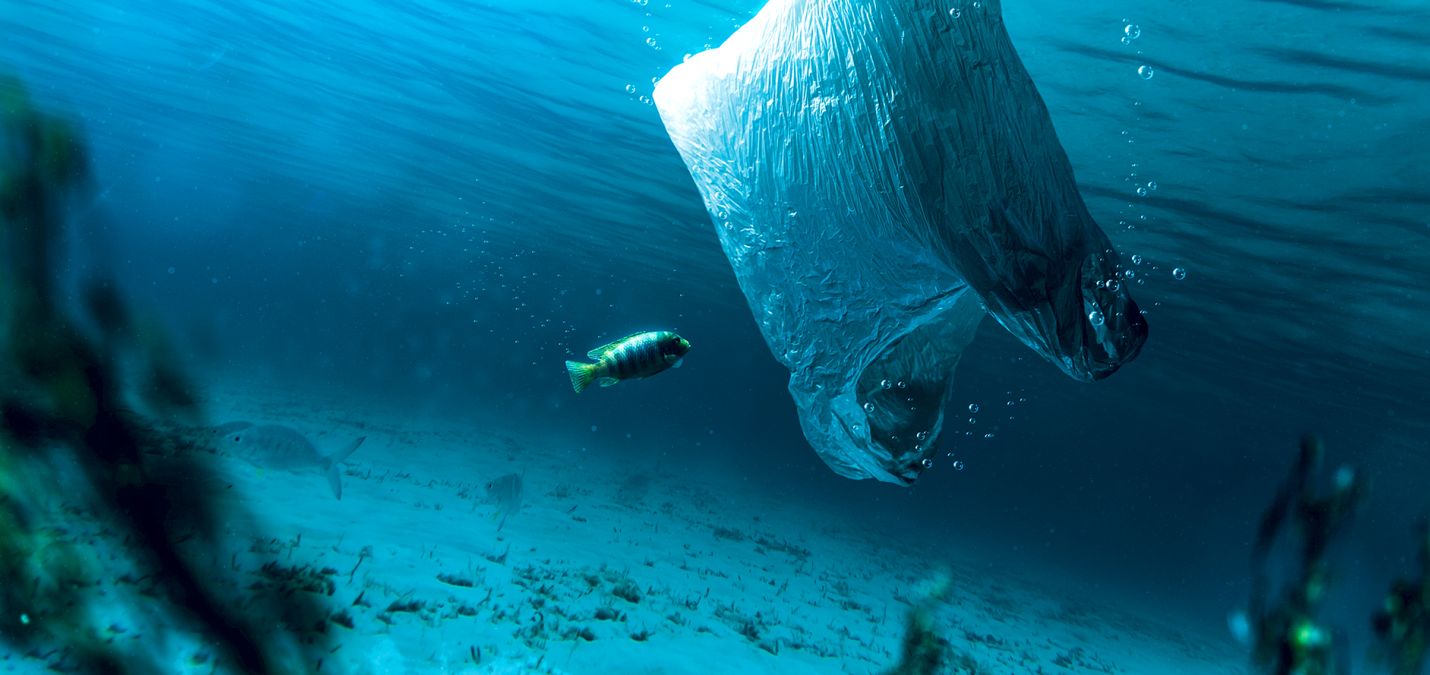

Plastics directive - conclusions after the meeting of packaging producers and the government in the Ministry of the Environment
Almost less than a year and a half separate us from the introduction in the European Union of the so-called Plastic Directive (Single-use plastic - SUP), which prohibits the marketing of disposable plastic products. On October 17, 2019, a meeting between packaging producers and government representatives was held at the Ministry of the Environment, at which the Minister of the Environment presented the main assumptions of the new law. The representatives of Silbo, whom we ask about the consequences of the new act and its positive impact on the environment, could not miss it.
The list of items that are to be replaced by 2021 with products made of biodegradable counterparts includes cotton buds, plastic cutlery, plates, straws, drink stirrers, balloon sticks, containers and cups for food from foam, and their caps and lid. It means that after 2021, we will only find in the stores plastic counterparts that are environmentally friendly.
It is not surprising that the EU legislator has targeted these activities. It is estimated that as much as 50% of waste going to the seas and oceans are just disposable plastic items.
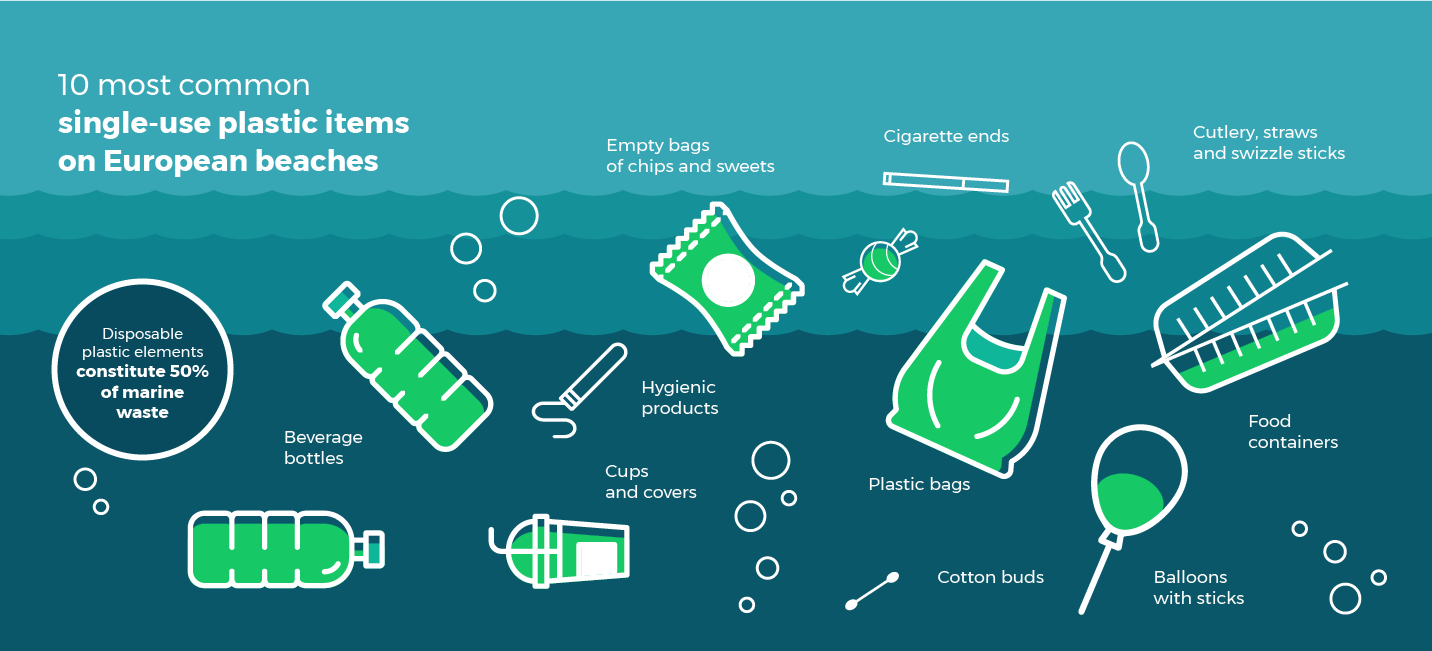
The upcoming changes are part of the broader European Union strategy to transform the European economy into a circular economy, in which manufactured products should remain in the marketplace as long as possible. After use, they should be recycled to minimize their impact on the environment. These activities are aimed at combating ocean pollution and reducing the production of marine waste.
Subsequently, the SUP Directive introduces by 2024 the requirement to market only single-use plastic products whose caps and lids will be attached to containers. By 2025, however, it requires manufacturers that a minimum of 25% of their plastic bottles will have to come from recycled material (up to 2030 to 30%).
By 2025, the level of collection of bottles for beverages with a capacity of up to 3 litres is also expected to improve significantly and achieve recycling of 77%. In 2029 it is already to be 90%.
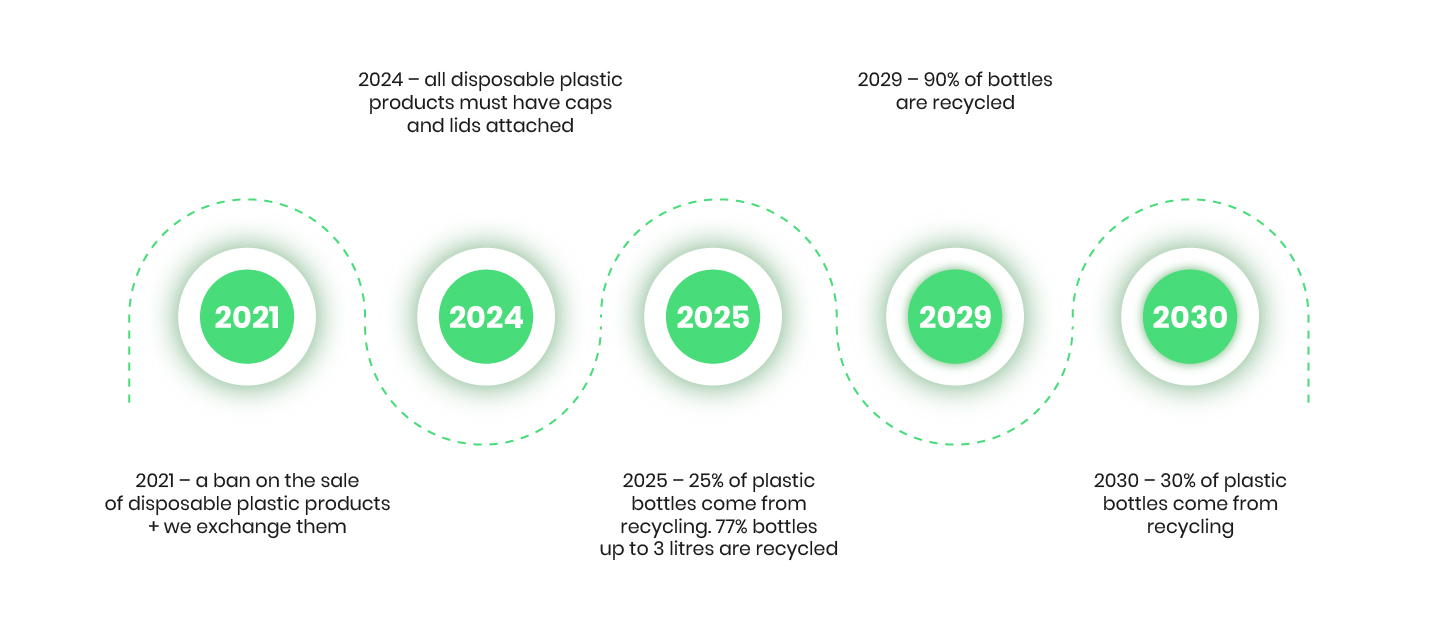
We ask Marcin Śpiewok, Business Development Executive at SILBO, about the consequences of the new EU directive and its impact on the environment.
How do you assess the state of preparation of the Polish market for the introduction of the plastic directive?
Indeed, the industry is trying to defend against the directive. The situation is not comfortable for manufacturers because it involves the implementation of entirely new technologies. It was evident at a meeting devoted to this topic at the Ministry of the Environment, where the beginning of talks was very tense and challenging. At the end of discussions groups of packaging and recycler producers finally accepted that we should go in this direction and that we must do something with this problem. It is a positive aspect and a visible change. The question is to what extent these new regulations will be enforced because as we know from examples from other branches of the economy in Poland, even though the law is in force, we try to defend ourselves against it to the very end.
And what about the penalties for non-compliance with this EU directive?
It will operate the same mechanism as in the energy sector, where penalties are imposed for CO2 emissions. There is the talk of so-called extended producer responsibility. Now the packaging manufacturer will have to think about the product's impact on the environment already at the implementation stage. First of all, it is said that packaging should be designed with future recycling in mind. Thanks to this directive, we will avoid such situations that the manufacturer can produce everything, and there are no restrictions. Now sometimes it is that the marketing agency comes up with a concept, the manufacturer is not interested at all what is the impact of this packaging on the environment and whether it will be possible to recycle it. Finally, it can be produced without any inhibitions. And when the moment of utilization comes, the recycler spreads his hands and says, "I can't do anything about it." The directive mentions product charges, which will mainly affect the manufacturer. So the fee will be charged concerning how much and what quality plastic will be placed on the market.
Is SILBO, as a manufacturer of innovative biodegradable packaging, ready for the upcoming changes?
We've been ready for three years. It was our assumption when we decided to introduce biodegradable technologies to be prepared for upcoming changes and even go beyond them. Today it is said that you should look at the chemistry that occurs in paints or laminating adhesives. As a company, we are ready for all of this. Everything we need is an informed customer who wants to buy the product. Many companies will be prepared to meet the requirements of this directive by introducing monomaterials. These are, i.e. films, which are not a combination of different raw materials but are composed of one raw material that allows easier recycling. However, this combination of films, even similar ones, requires chemistry and here Silbo is one step ahead because our laminating adhesives are water-based adhesives that do not contain harmful substances. So, in this case, we are not even talking about composting (the highest level of recycling). We are talking about those plastics that will not disappear from the market to adequately prepare them for recycling. Because today we recycle only 12% of all plastics.
Well, what do we have to do to make the Polish recycling system work more efficiently and to be prepared for the changes posed by the EU directive?
The primary thing is sorting raw materials. It is probably the biggest problem. Because today, every consumer with good intentions, will sort plastics. However, among these plastics, there will be different materials. Even if each of them will be a monomaterial, you still need to sort them properly. Sure it can be done, but it is not functioning as it should at the moment. To increase the efficiency of recycling, we should take actions as follows: implementation of an educational campaign (because the essential stage of sorting takes place in homes), then monomaterials, then sorting and appropriate adjustment of sorting devices. At present, recycling companies have a difficult situation as packaging producers and a difficult nut to crack in this topic.
The legislator has foreseen seven items made of plastic that will be on the banned list in 2021, why exactly?
Disposable packaging is the easiest to target because each of us uses such products. Behind these types of products are often huge corporations, such as fast-food chains that have a massive impact on our behaviour and life, and produce vast amounts of these packages. If we start telling consumers about bags for potatoes or nuts, then we are in no way able to imagine and visualize it. Disposable packaging is tangible and easy to show as an example. Hence it is worth addressing them first.
Do you believe in the effectiveness of the plastic directive? Can the new law change the amount of plastic that we introduce into our environment?
It is not a matter of faith. I am convinced of it. If it were not so, SILBO would not invest all technological and human powers in this technology. It must happen. The question is whether this has already occurred or is about to gather momentum. Everyone is interested in this subject matter, practically regardless of the industry in which entrepreneurs operate. That is why I believe that this issue has already reached public awareness. We have to deal with this problem because if not, soon we will regret it very much.
Zobacz również:
Most frequently read

About company
Silbo – packaging production experts with 20 years of experience in the industry. We support environmental protection on many levels, for example with creating new, biocompostable standards in the field of packaging production. These are the main values on which the activity of SILBO is based: focusing on innovation, ecology and quality issues.


Received certificates
